In the realm of human expression, few art forms possess the captivating power to touch hearts and ignite the imagination like poetry. Each verse weaves a tapestry of emotions, thoughts, and experiences, connecting us to the depths of our shared humanity.
World Poetry Day, celebrated every year on 21 March, was adopted by UNESCO during its 30th General Conference in Paris in 1999. The day is meant to celebrate the cultural and linguistic diversity that poetry encompasses. It serves as a platform to revive the oral traditions of poetry recitals, promote the reading, writing, and teaching of poetry, and foster the interconnectedness between poetry and other art forms such as theater, dance, music, and painting.
Among the luminaries of Arab poetry, one name that shines brightly is Khalil Gibran. Born in Lebanon and later becoming a Lebanese-American, Gibran’s work of art known as “The Prophet” resonates across generations and cultures. His verses delve into the profound themes of love, spirituality, and the human condition.
With words that transcend boundaries, Gibran invites readers into a contemplative realm, where the beauty and complexity of life are illuminated through his poetic lens.
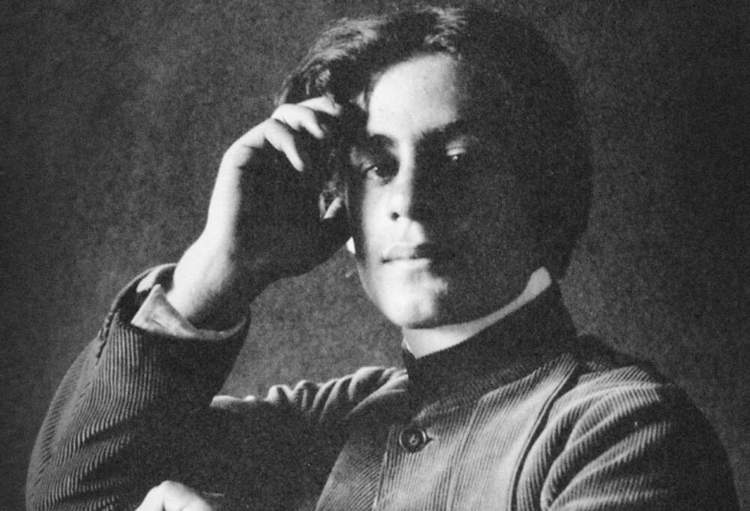
Another towering figure in modern Arabic poetry is Adonis, the pen name of Ali Ahmad Said Esber.
Hailing from Syria, Adonis is considered a pioneer of contemporary Arab poetry. His works explore the intricacies of love, the turmoil of exile, and the search for identity.
Through his evocative verses, Adonis invites readers to an introspective journey, as he navigates the complexities of the human experience and reflects upon the shifting landscapes of the Arab world.
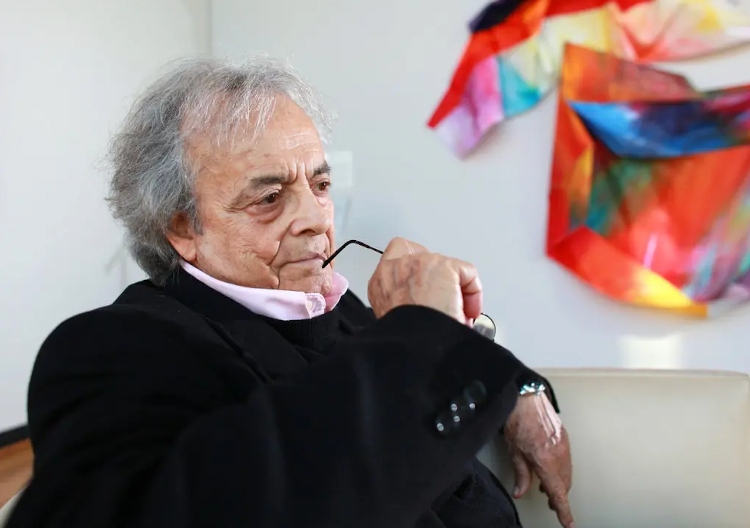
No exploration of Arab poetry would be complete without the inclusion of Nizar Qabbani, whose romantic and passionate verses continue to captivate hearts around the world.
Qabbani, a Syrian poet, fearlessly addressed love, politics, and the social issues that shaped the Arab world. His words, imbued with raw emotion and a deep understanding of human relationships, serve as a testament to the power of poetry to enlighten societies and ignite change.
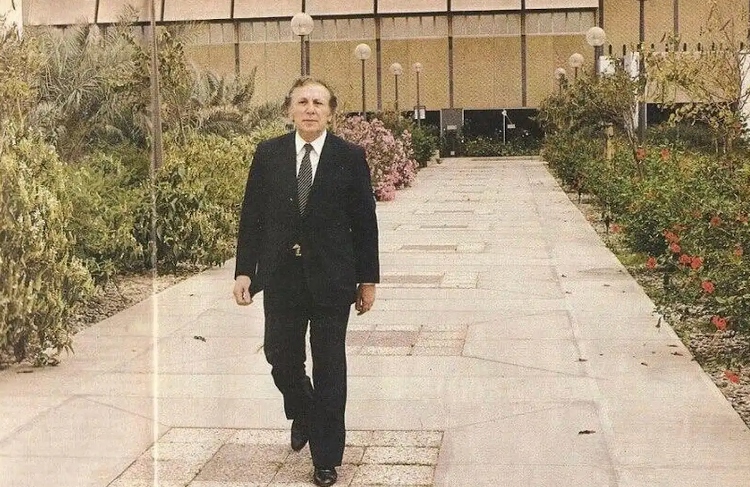
Ahmed Shawqi, known as the “Prince of Poets,” stands as a towering figure in Arabic and Egyptian literature. His works, penned during the early 20th century, explored themes of patriotism, and heroism.
Shawqi’s mastery of language and his ability to evoke profound emotions through his verses earned him a place of honor among the greatest Arabic poets of his time.
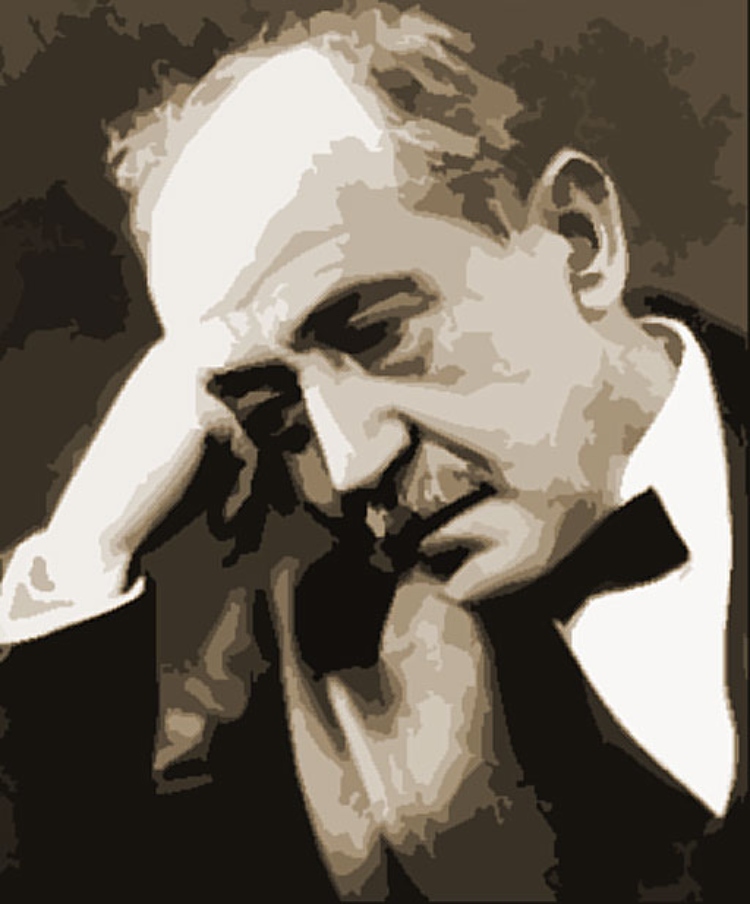
As we celebrate World Poetry Day, let’s reflect on the immeasurable contributions of these esteemed Arab poets and the profound impact their verses have had on the world of literature.
Their words have transcended time and cultural boundaries, resonating with readers across generations and inspiring countless souls.
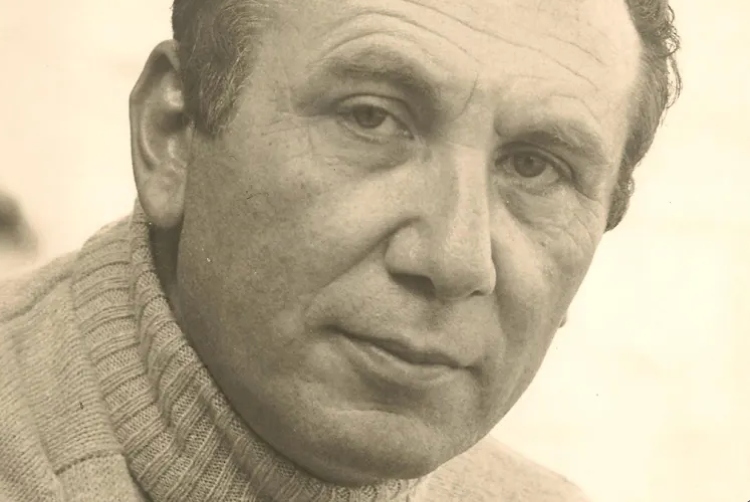






Comment (1)
[…] post Resonating Verses: Celebrating Arab Poets on World Poetry Day first appeared on Egyptian […]